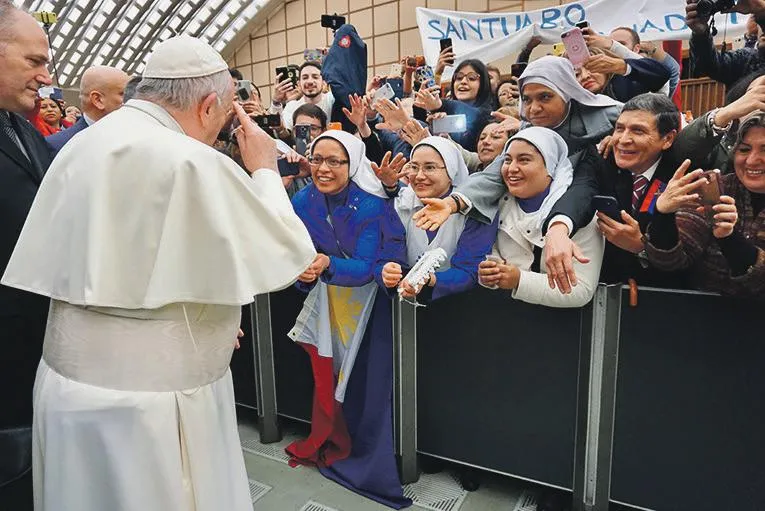Since the sociologist Zygmunt Bauman coined the expression Liquid Modernity (2000), the adjective ‘liquid’ has been applied to almost all phenomena, e.g. liquid society, liquid family, liquid love, etc.
In our world, liquidity seems to describe well the vacillating, uncertain, fluid and volatile feature of contemporary life. To the already wide range of associations, liquidity has been added as a descriptor for a specific religious tradition, i.e. liquid Roman Catholicism. George Weigel, a conservative American intellectual, talks about it in a worried tone in his article ‘Liquid Catholicism and the German Synodal Path’ (First Things, 16 February 2022).
Significant frustration
For some time, Weigel and other exponents of US Roman Catholic traditionalism have expressed their frustration (to put it mildly) at the massive injection of liquidity into Roman Catholicism by Pope Francis. The uncertain teaching on doctrinal and moral subjects of primary importance; a kind of intolerance towards the pre-conciliar liturgy; the welcoming and merciful message at the expense of the doctrinal and moral requirements of the Catechism of the Catholic Church, etc. All this makes Francis a ‘liquid’ Pope who is liquifying an institution that has made its rocky and immutable structure a distinctive trait of its identity.










Rome & Mary: Fresh clarity, or further confusion?
"Roma locuta, causa finita est!" ("Rome has spoken, the issue is over"). This phrase taken from Augustine (Sermo …